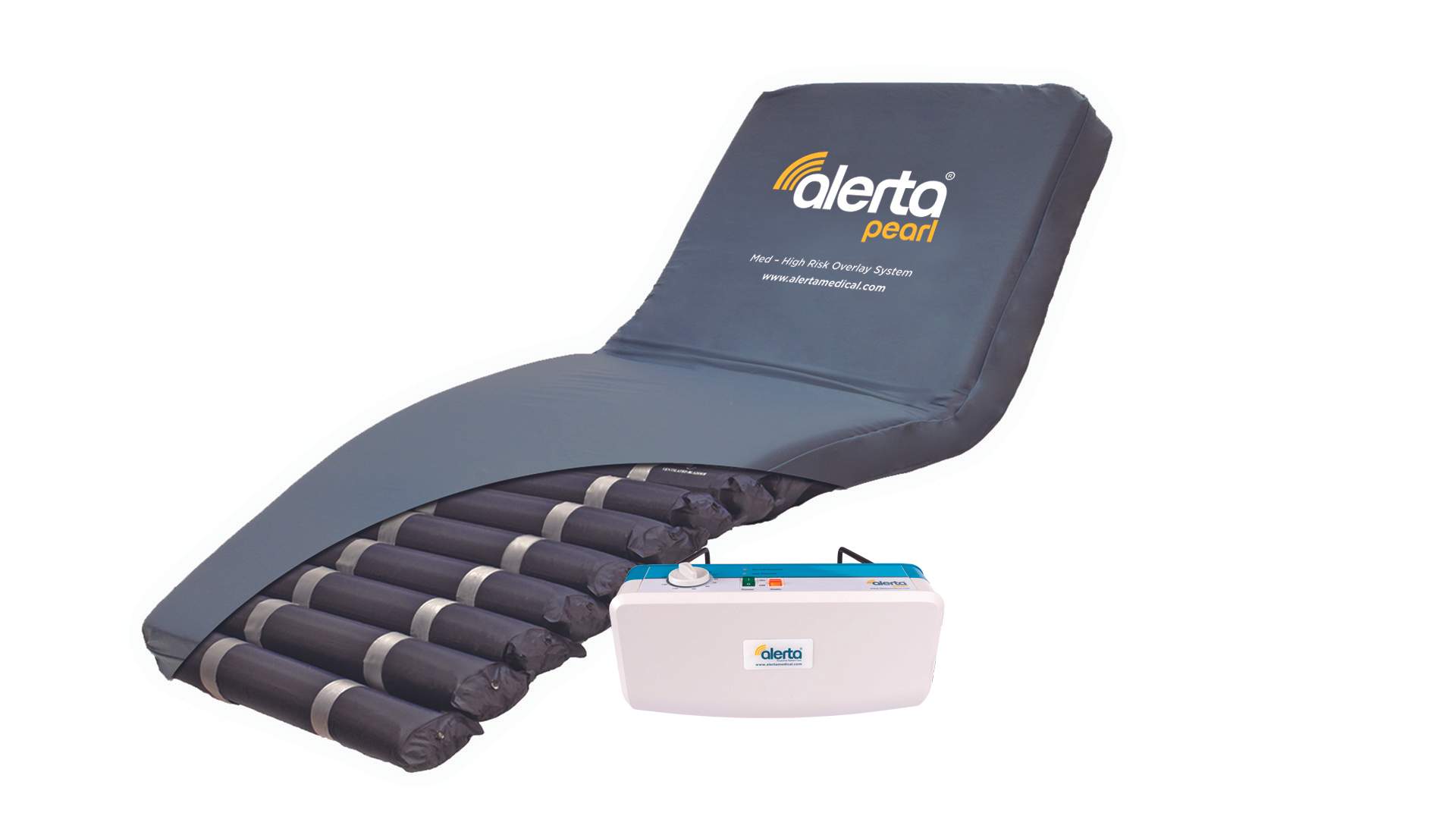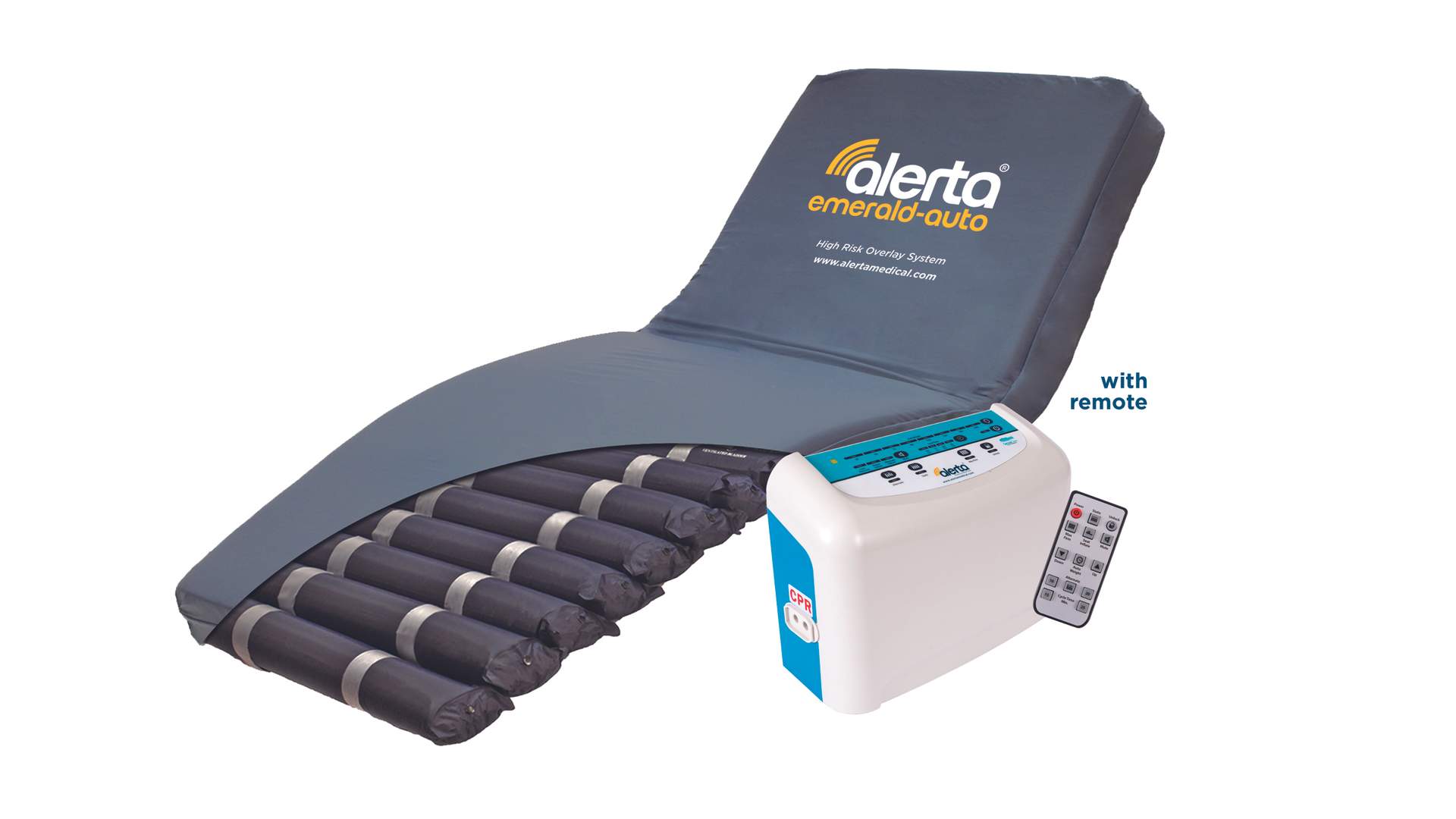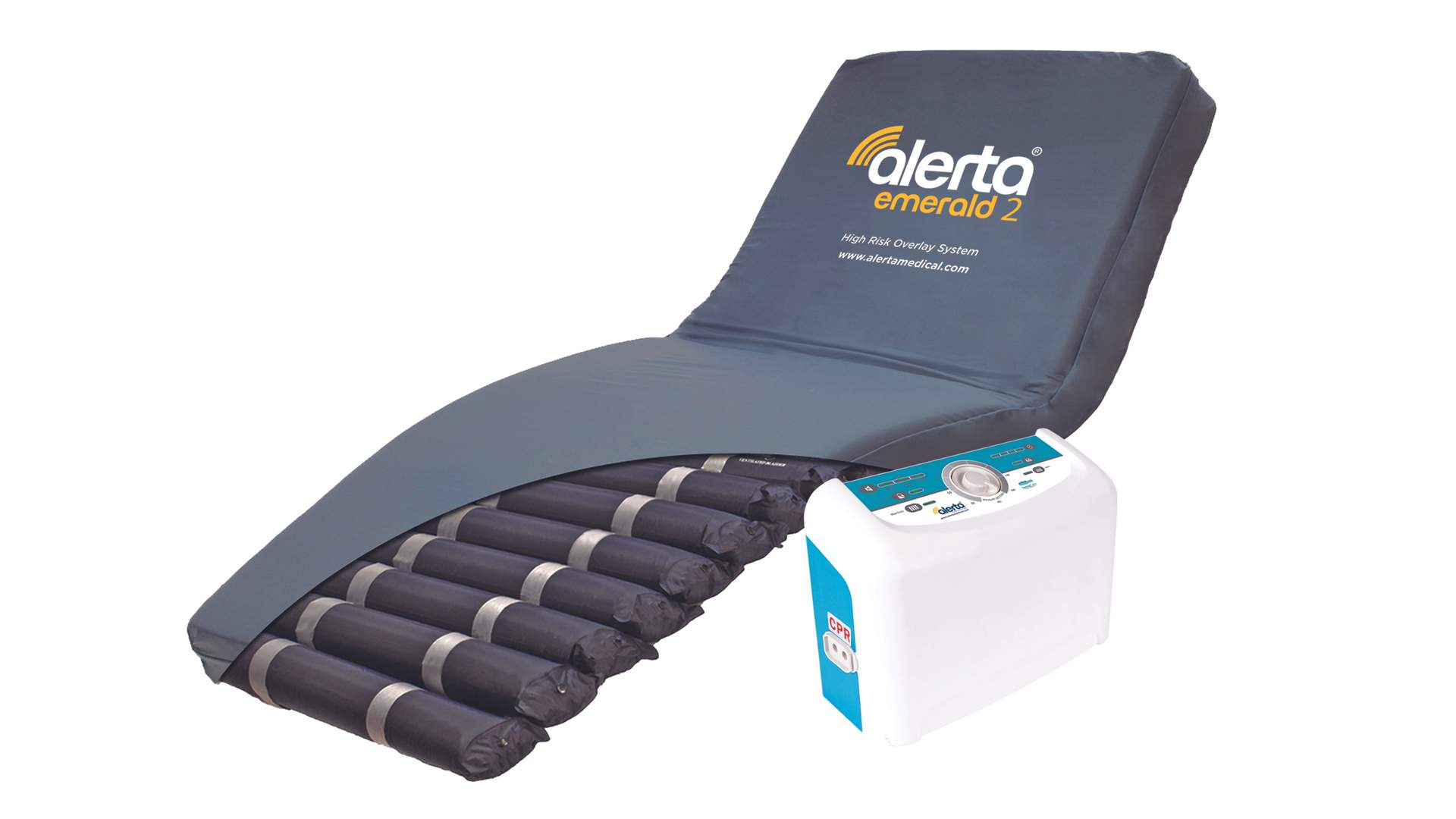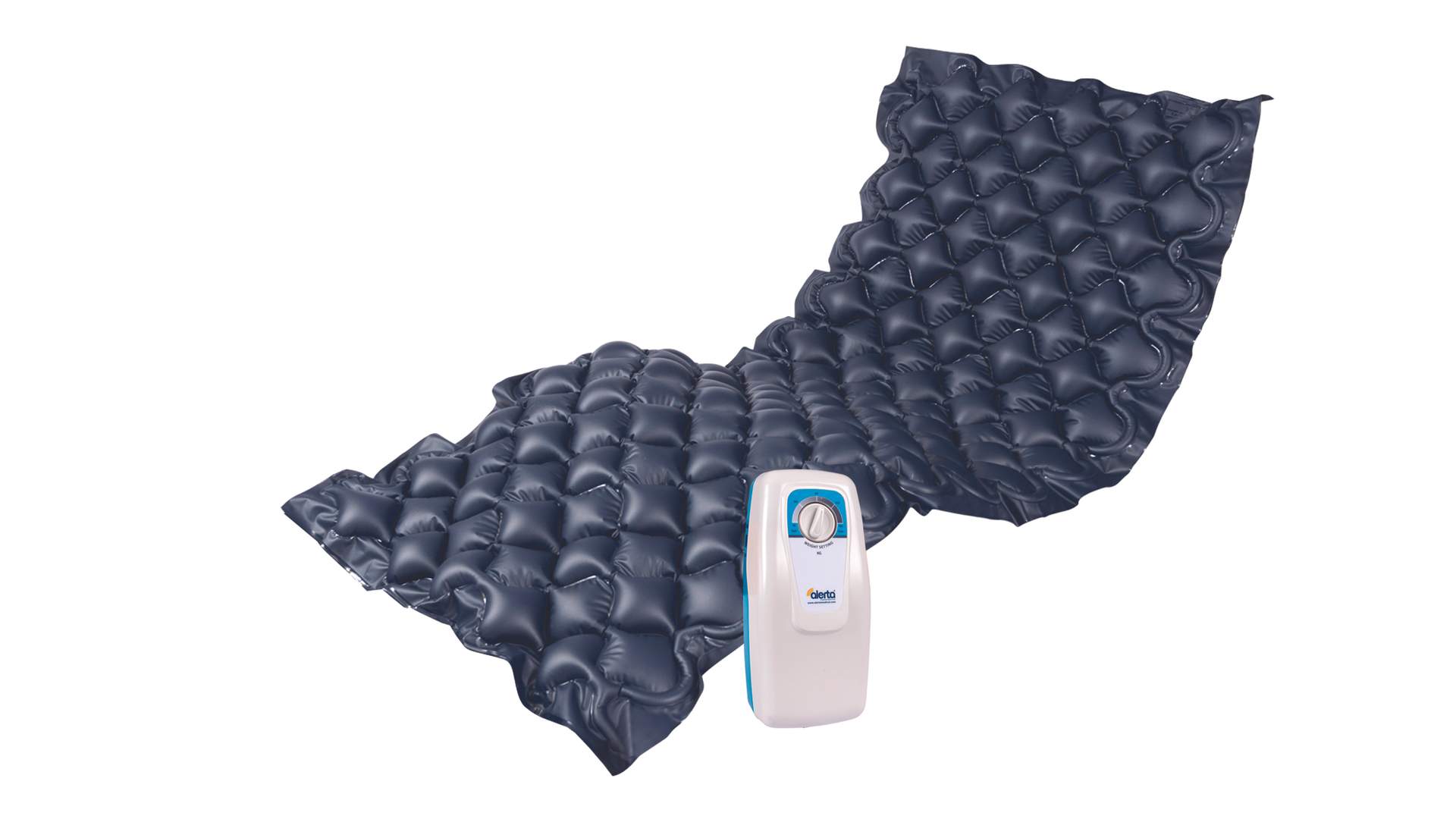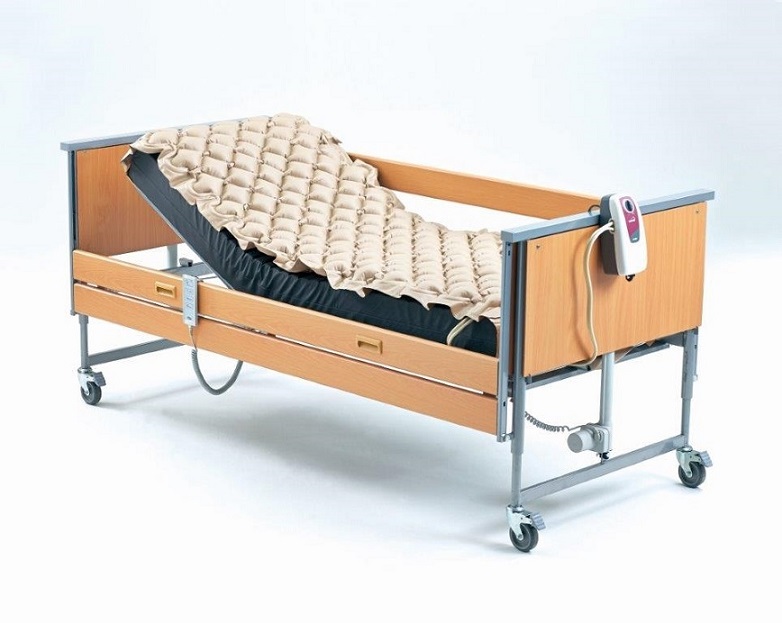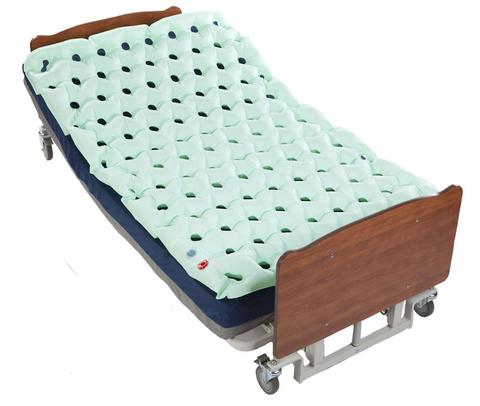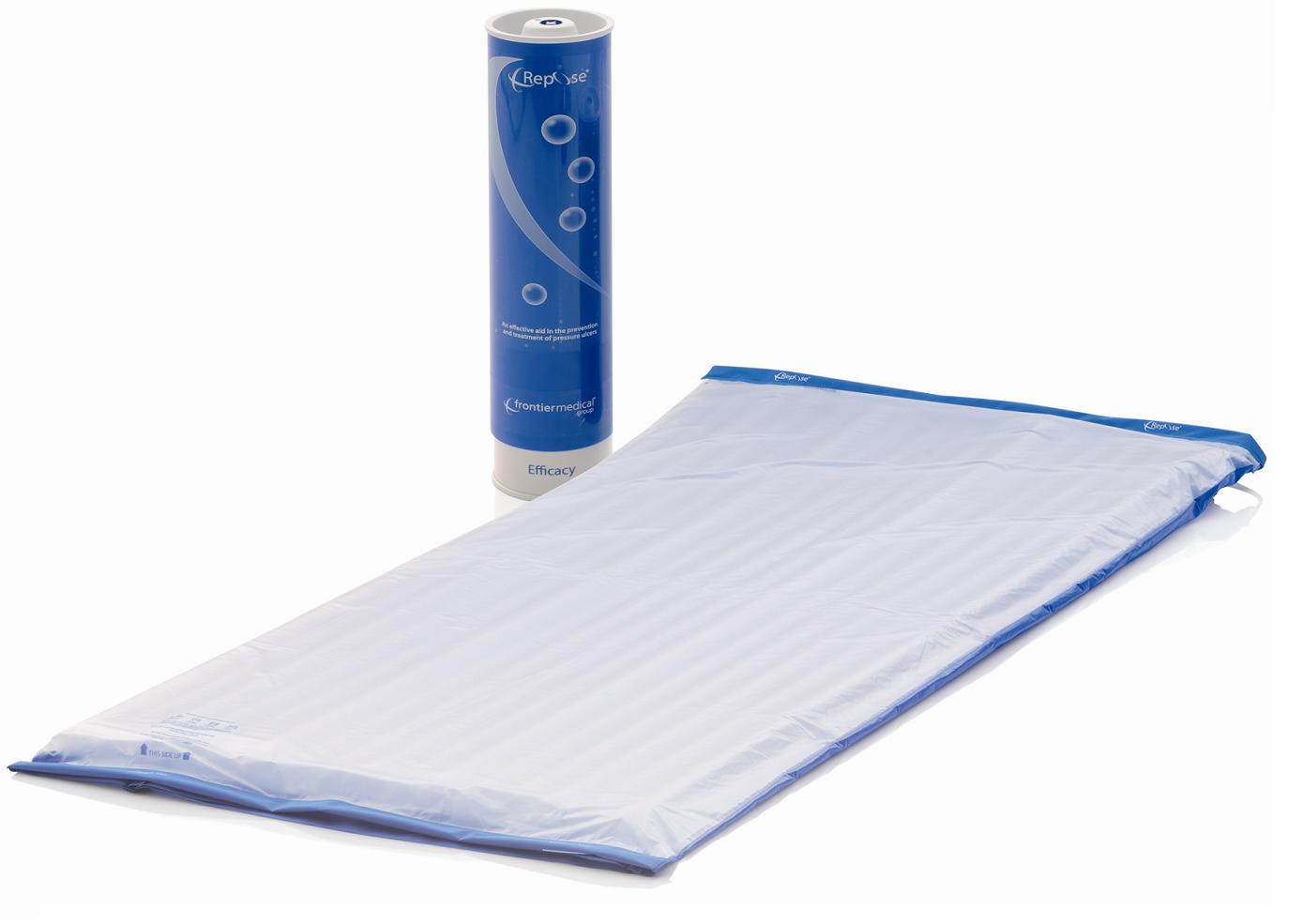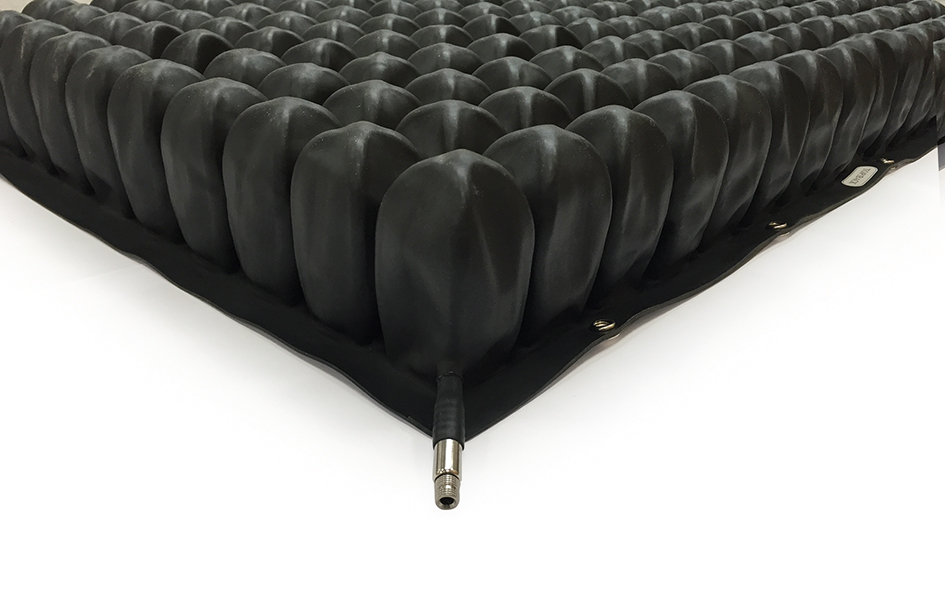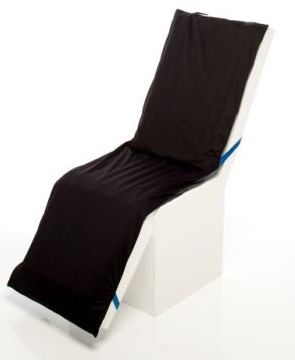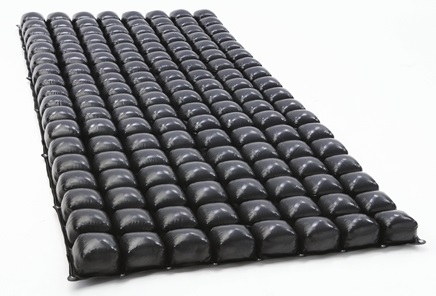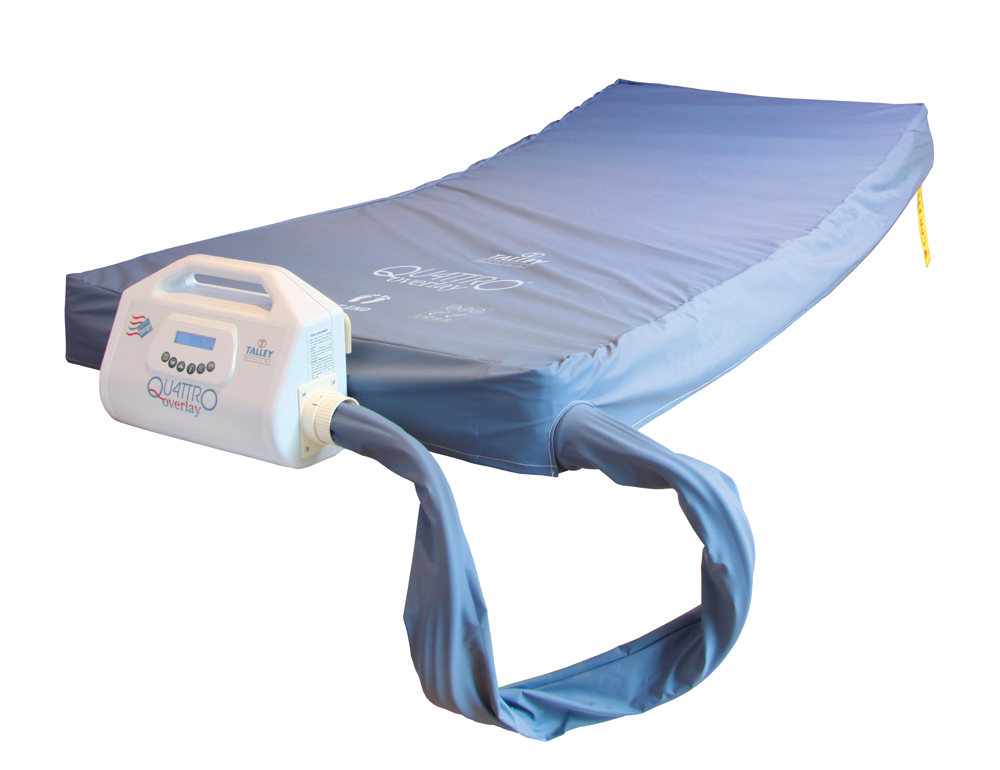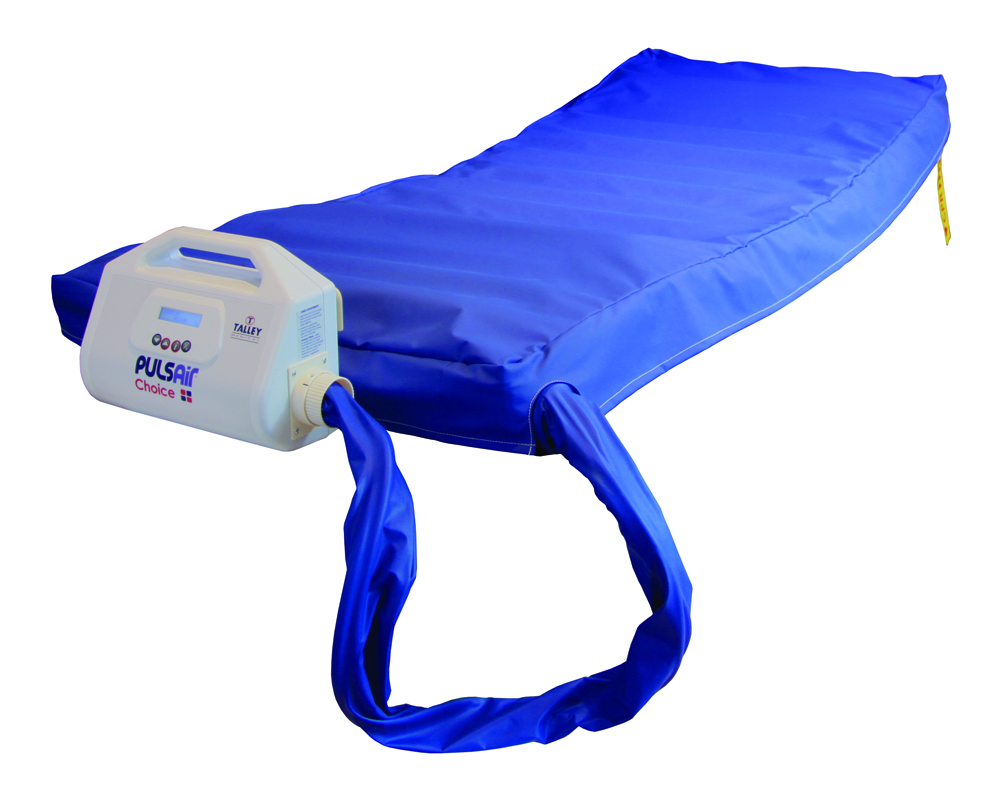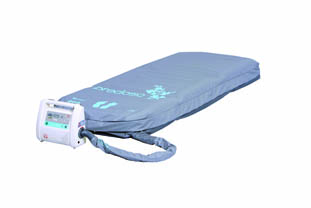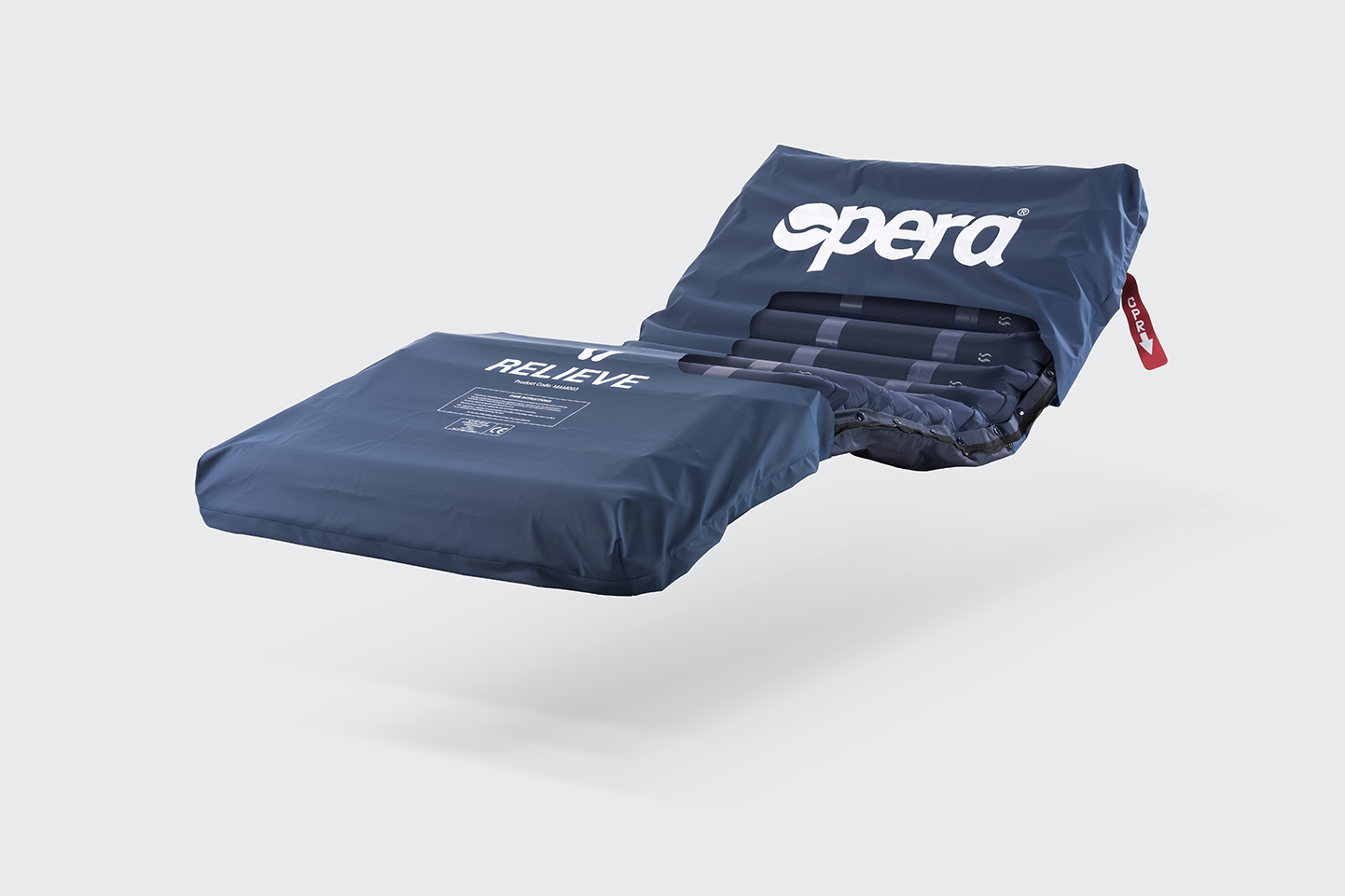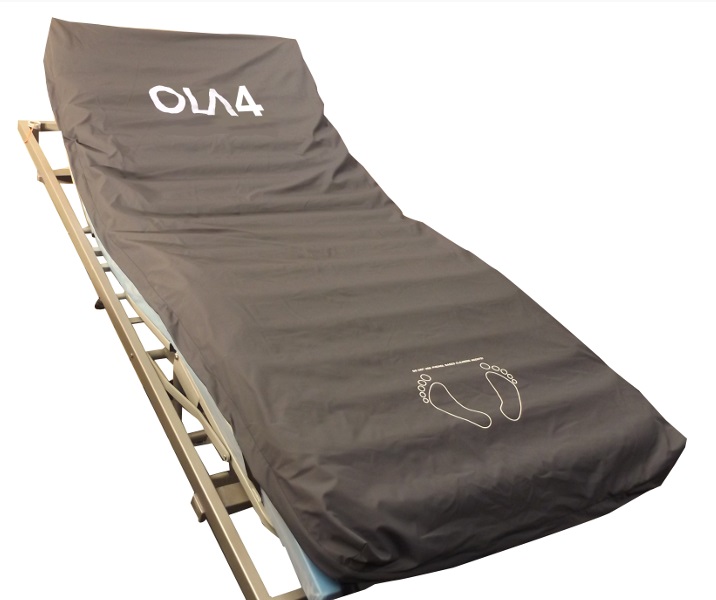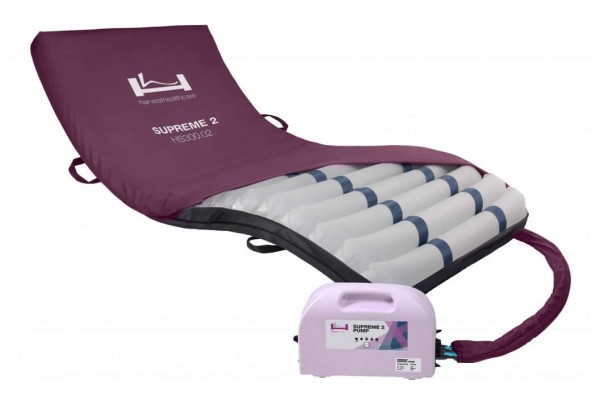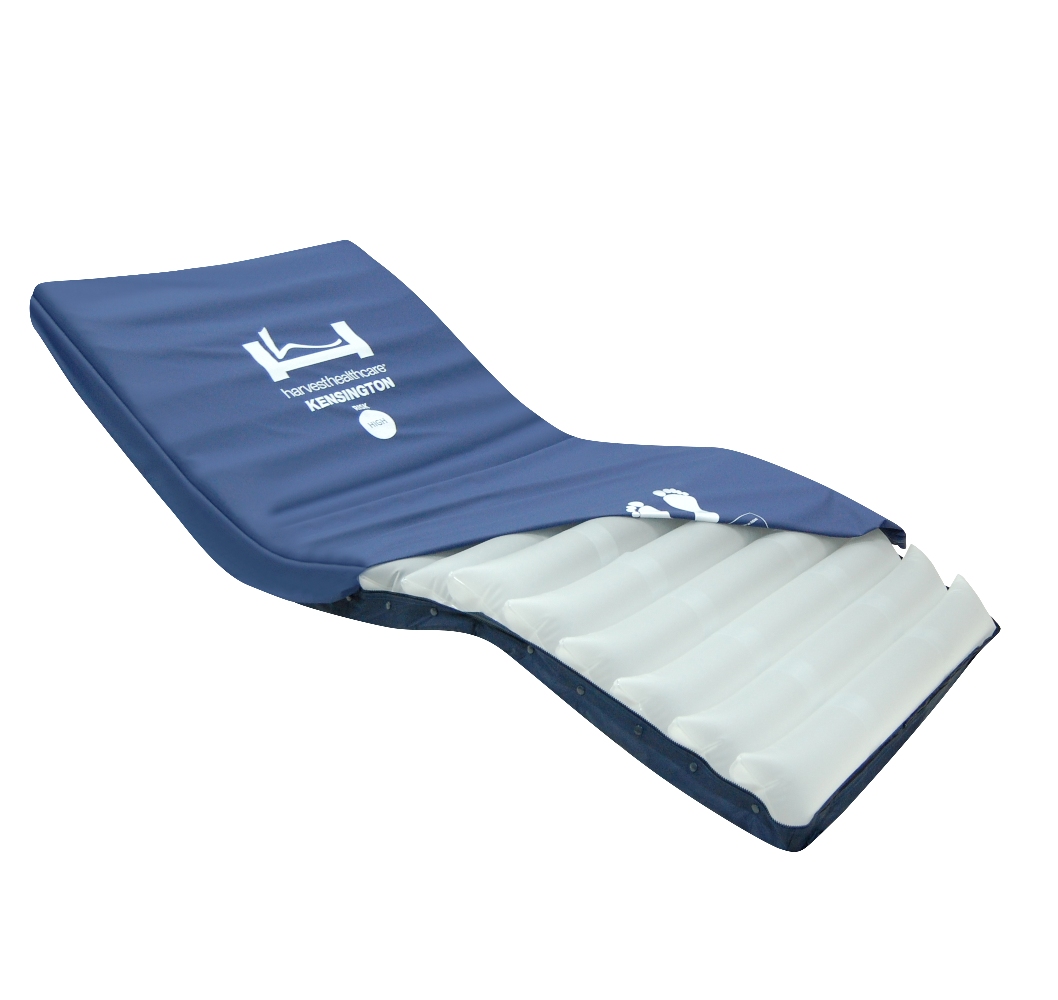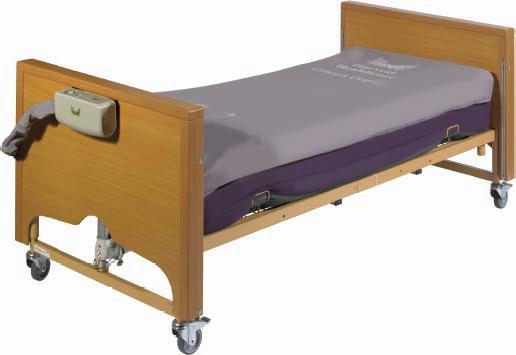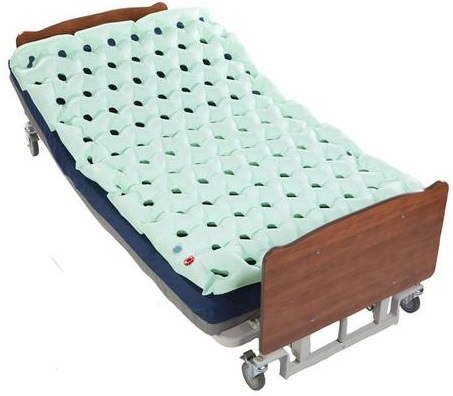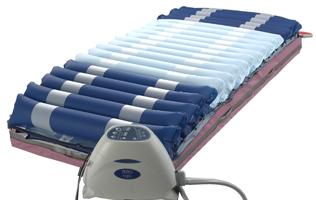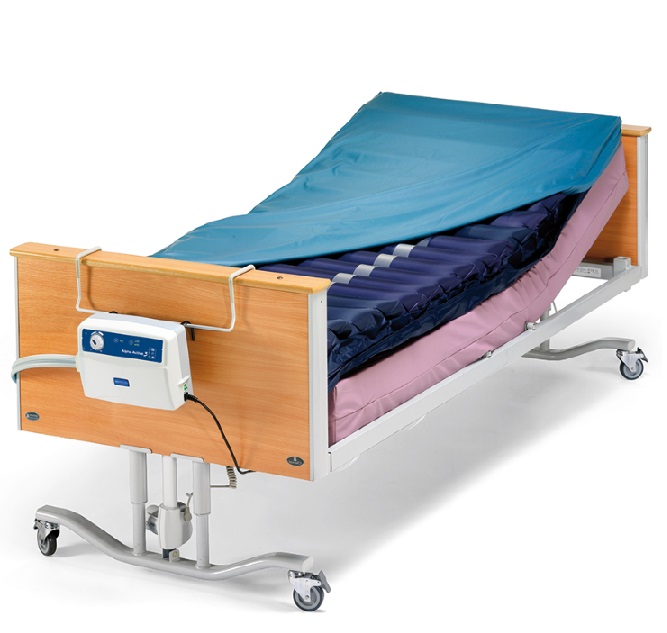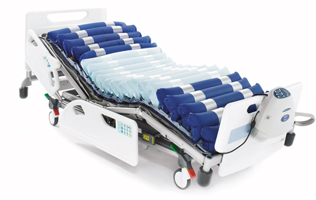Alerta Pearl Dynamic Overlay Air Mattress System
Alternating air overlay for pressure relief. Comprises: nylon TPU coated air cells, sealed and micro-perforated; independently removable cells; pillow...
Alerta Emerald Auto Overlay Alternating Mattress System
Overlay mattress. Helps in the prevention and treatment of patients at medium to high risk of developing a pressure ulcer. Comprises: multi-stretch PU...
Alerta Emerald 2 Overlay Air Mattress System
Overlay mattress. Helps in the prevention and treatment of patients at a low to medium risk of developing a pressure ulcer. Comprises: multi-stretch P...
Alerta Bubble2 Pressure Relief Air Bubble Mattress Overlay
Overlay with alternating air pressure relieving features. Comprises: water-resistant material with air-filled pockets; tuck-in extension flaps; remova...
Domus 1
Alternating pressure redistribution system — Improving pressure ulcer management with accessible and easy-to-use pressure relief pad.
Bariatric Double Mattress Overlay
Air-filled mattress overlay designed for heavier users. Can be used on double beds.
Repose Mattress Overlay and Cushion Set
Air mattress overlay. Comprises: urethane cells; vapour permeable, multi-stretch cover; pump; CPR deflation; mattress securing strap.
Ro-Ho Dry Flotation Mattress
Dry flotation mattress designed to allow pressure distribution. Comprises: 720 air cells; four sections of the mattress overlay are independently adju...
Repose Contur Riser Recliner Cushion
Rise recliner pressure relief overlay. Comprises: secures to the chair with adjustable straps; single air cell; pump; cover can be detached from inner...
Roho Prodigy Pressure Relief Mattress Overlay
Static air floatation mattress overlay with Polyvinyl air cells.
Quattro Overlay System
Mains powered alternating pressure relief mattress overlay. Comprises: 16 individually replaceable cells in four sections; one-in-four alternating cyc...
Pulsair Choice Overlay
Pressure relief mattress overlay system designed for bariatric use. Comprises: designed to automatically adjust pressure within each of the cells thro...
Precioso Alternating Pressure Mattress
Pressure relief system available either as a mattress replacement for an existing bed or as an air overlay which fits on top of an existing mattress. ...
Opera Relieve Alternating Pressure Mattress System
Alternating pressure relief overlay mattress system. Comprises: adjustable user weight setting; power unit; pump; nylon waterproof and vapour-permeabl...
Ola 4 Mattress Overlay
Alternating air mattress overlay. Comprises: polyurethane coated nylon, multi-stretch waterproof and vapour permeable; four inch depth; CPR pull cords...
Harvest Supreme Overlay
Alternating air pressure mattress overlay. Comprises: CPR facility; transport mode; quick release cell connectors; manual pressure control and visual ...
Harvest Kensington Mattress Overlay
Alternating overlay mattress. Comprises: pillow section; vapour permeable; two-way welded PU cover; 18 cells; made of TPU material designed to reduce ...
Harvest Consort Overlay
Alternating air mattress overlay. Comprises: transverse air cells; CPR facility; pump with manual pressure control function, visual low pressure alarm...
Ehob Mattress Overlay With Pump
Static air overlay. Comprises: temperature and moisture control via air passage holes that circulate air; handwells to assist with patient transfer; a...
Auto Logic 110 Alternating Mattress Overlay System
Mattress overlay. Comprises: transverse cells, curved to prevent migration; alternating or static mode; automatic self-setting pressure; transport mod...
Alpha Active 3 Overlay System
Mattress overlay system with two modes of action for pressure relief. Comprises: mode for periodically redistributing pressure by alternately inflatin...
Auto Logic 200 Mattress Replacement System
Mattress replacement system with an integral air-filled sub mattress which can be unzipped for use as an overlay. Comprises: transverse cells, curved ...
